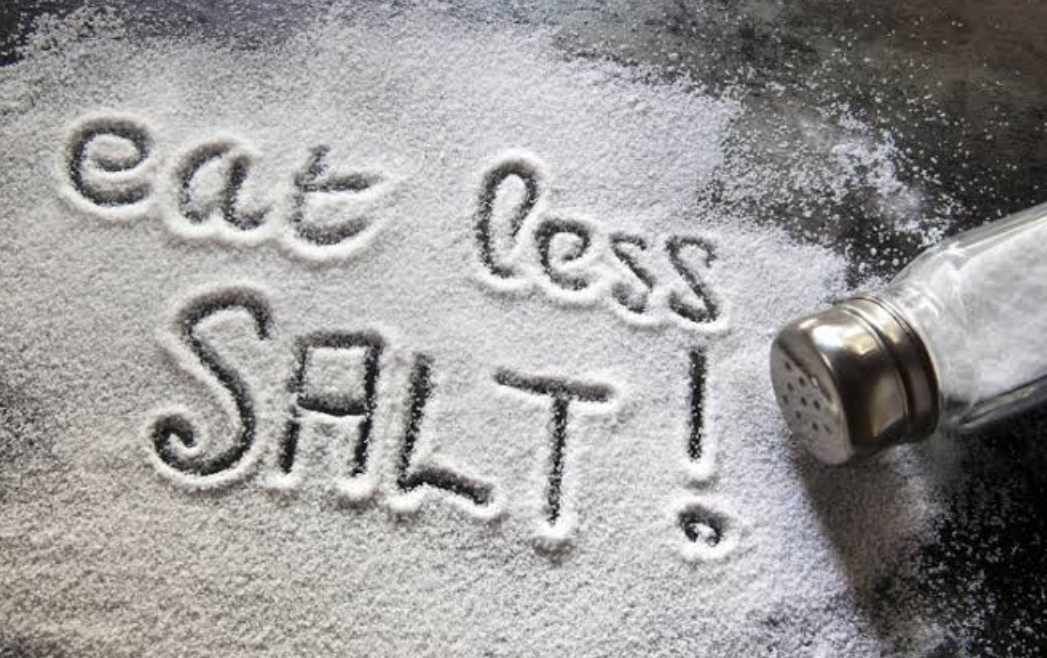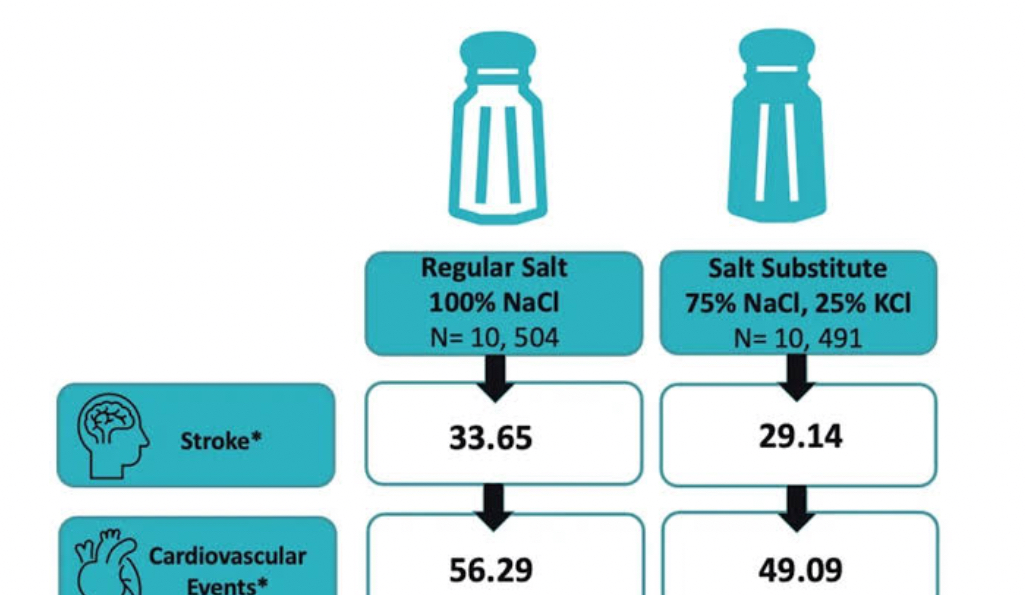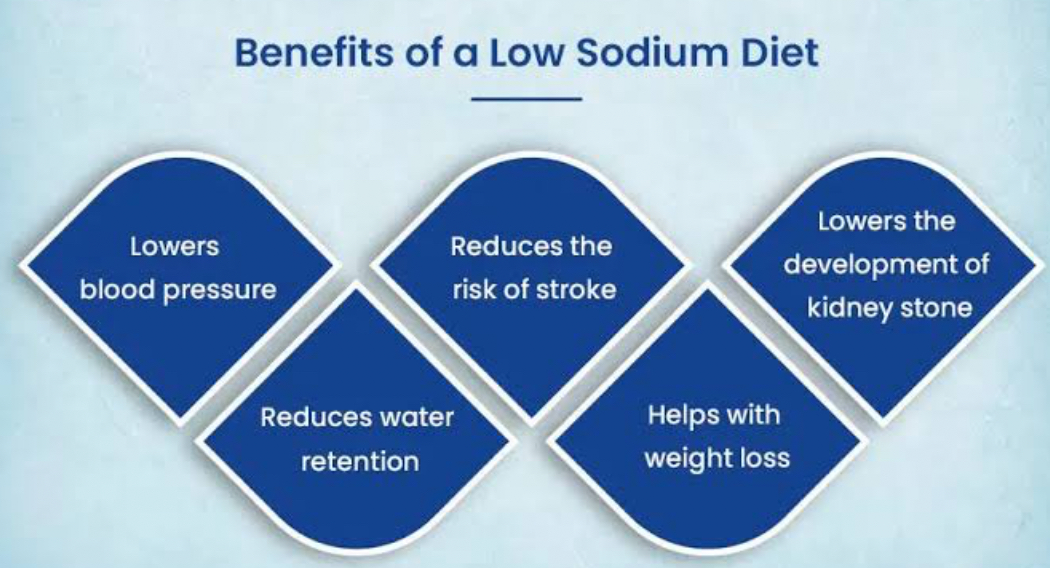The impact of salt substitution on cardiovascular health has been the subject of increasing amounts of research in recent years. The Annals of Internal Medicine reported that a recent analysis suggested a possible link between using salt replacements and a decreased risk of heart disease.
(Bond University in Australia)
Dr. Loai Albarqouni and his colleagues at the Institute for Evidence-Based Healthcare at Bond University in Australia conducted the systematic review, which is based on 16 randomised controlled trials including 35,251 participants. The individuals had a higher risk of developing heart disease; their average age was 64. The trials, mostly conducted in China but also in the UK, Taiwan, Peru, the Netherlands, and Norway, investigated the long-term effects of salt substitutes on heart health.
Key Findings:

The study found a number of important details regarding the use of salt substitutes:
- Reduction in Mortality: Individuals who substituted salt were less likely to pass away at an early age from heart disease or any other reason. This sort of case illustrates how seasoning meals with salt alternatives can actually save your life.
- The impact on blood pressure: Salt substitution was linked to decreased blood pressure and urine sodium levels. This finding, comparable to blood pressure medications, demonstrates the significance of salt substitutes for controlling high blood pressure and the associated heart risks.

A preventative cardiologist at National Jewish Health in Denver and head of cardiovascular prevention and wellness, Dr. Andrew Freeman, provided helpful context for the study's findings. He emphasised the importance of eating more potassium and less sodium in order to improve heart health. Dr. Freeman underlined the potential advantages of salt alternatives for heart health, even though he acknowledged the need for more research.
Although the results show promise, applying them to Western populations will be challenging. People in the study environment get most of their salt from cooking at home, whereas people in North America eat a lot of manufactured and quick food. The discrepancy between the two groups makes me wonder if the study's conclusions apply to Western eating customs.

Practical Recommendations:
Those who wish to reduce their intake of salt can benefit from the following helpful advice:
- Watch how much salt you consume: Check the salt level of the products you purchase or consume. Aim to keep your daily salt intake below the recommendations of organisations such as the American Heart Association.
- Research salt substitutes: You might use potassium chloride and reduced sodium chloride, like the ones you've tried, in place of salt. If you want to flavour your cuisine without adding too much sodium, try utilising spices that don't include salt.
- Ask health professionals: Find out how to customise salt replacement plans to your preferences and health requirements by speaking with a physician or nutritionist.
It may be difficult for you to taste things when you first start cutting salt. Taste buds can adjust to less salt with time, though. Adding a variety of flavorful fruits, vegetables, and herbs can improve meals without adding a lot of salt.

Finally,
More studies are required to verify that salt substitutes are safe and advantageous for a range of individuals, despite the encouraging results about lower cardiovascular risk. In addition to lifestyle changes like reducing salt intake, giving up smoking, and upping physical activity, utilising salt replacements is part of a holistic plan to lower your risk of cardiovascular disease. By correctly utilising salt replacements in conjunction with other holistic health practices, people may take charge of their heart health.
Image Source: Multiple Agencies
(Inputs from agencies)
© Copyright 2024. All Rights Reserved Powered by Vygr Media.



















